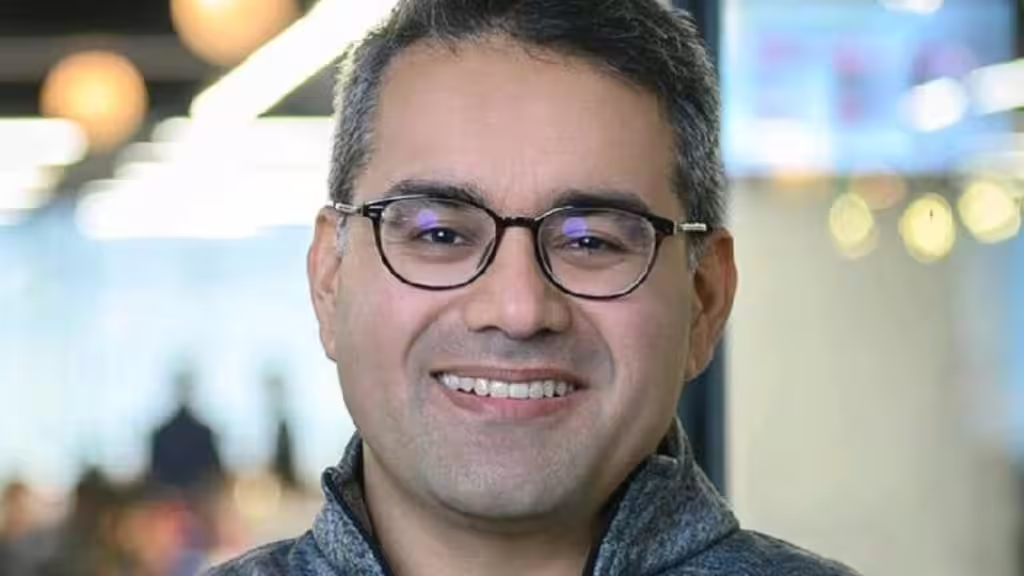Unleashed Global Innovation: CEO Perspectives on the Influence of International Boards on Elite Education and Achievement

In today’s interconnected world, the journey to global success often starts in the classroom. For many Indian students, enrolling in international schools linked with foreign educational boards significantly enhances this journey. These schools provide a unique advantage, equipping students for global careers and higher education opportunities abroad, ensuring they don’t feel out of place when they join their desired institutions.
Over the last few decades, the Indian economy has experienced remarkable growth, resulting in a notable increase in disposable incomes, particularly among the urban elite and upper middle class. This financial prosperity has enabled more families to enroll their children in relatively expensive international schools from an early age. Unlike the past trend where only the social elite sent their children abroad for higher education, today’s students are gaining international exposure right from their school days.
The trend of pursuing higher education abroad has surged among Indian students. Data from the Ministry of Education and the Ministry of External Affairs, Government of India, reveals that the number of Indian students studying overseas increased from 450,000 in 2016 to over 1.325 million in 2022. ICEF Monitor projects this number to reach 2 million by 2025. The United States, Canada, Australia, the United Kingdom, and Germany are top destinations. Importantly, a significant proportion of these students have completed their schooling under foreign boards in India, underscoring the role these boards play in easing the transition to international education systems.
International boards are globally recognized and respected by universities and employers, enhancing students’ chances of admission to prestigious institutions and improving their global career prospects. These curricula focus on holistic development, emphasizing not just academic excellence but also personal, emotional, and social growth. Programs like the IB’s Creativity, Activity, Service (CAS) encourage students to participate in various extracurricular activities and community service, fostering well-rounded individuals. The educational approach of international boards emphasizes critical thinking, problem-solving, and inquiry-based learning over rote memorization, preparing students to think independently, conduct research, and approach problems creatively—skills essential for success in higher education and beyond.
The diverse and comprehensive curriculum offered by international boards includes a wide range of subjects and interdisciplinary learning. For instance, the IB curriculum encompasses six subject groups, requiring students to study languages, sciences, mathematics, and humanities, ensuring a broad-based education. Continuous and varied assessment methods, including projects, presentations, practical work, and exams, reduce the stress associated with a single final exam and provide a more accurate measure of a student’s abilities and knowledge. The IB Diploma Programme, for example, requires students to complete an Extended Essay, fostering strong research and writing skills crucial for university-level education and research-oriented careers.
Students that have an international education are better able to comprehend global challenges and diverse cultures. Students are prepared to become educated global citizens through courses like Global Perspectives in CIE and the Theory of Knowledge (TOK) of the IB, which promote critical thinking about global concerns. Language acquisition is also highly valued by international boards, which frequently demand multilingualism. In today’s globally interconnected society, this bilingual approach improves communication skills and cultural understanding, both of which are crucial. For standardized international tests such as the SAT, ACT, and IELTS, which are necessary for university admissions overseas, students studying under foreign boards are well-prepared.
Several schools in India have become leaders in offering international curricula. DAIS (Mumbai), TISB (Bangalore), and CIS (Kolkata) are well-established names offering IB and CIE affiliations. US-style education is offered by the American School of Bombay, which offers AP (Advanced Placement) and IB curriculum. The Western Australian Matriculation Program International is offered by the exclusive girls-only TIG World School in Siliguri. The DCM Group of Schools in Ludhiana and the Excel Group of Schools in Thiruvattar also offer this Australian program, which is gaining popularity.
As more Indian students strive to make their mark on the global stage, the importance of these international boards in shaping future leaders cannot be overstated. By fostering critical thinking, cultural awareness, and a robust academic foundation, these institutions are not merely educating students—they are creating global citizens ready to lead and innovate in an interconnected world.








